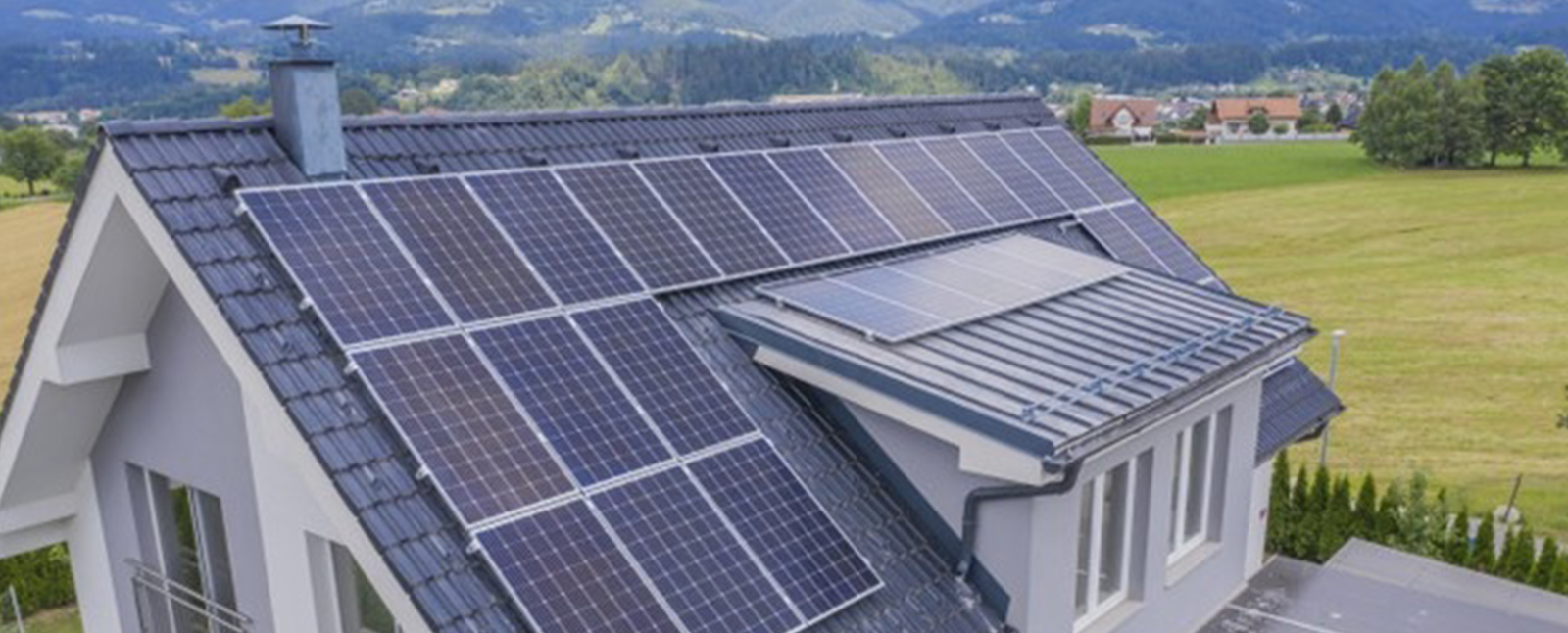
Solar System for Home in India Government Subsidy
Urban Solarise has provided an effective solar panel installation solution for household and commercial purposes for a long time. We, the Solar Company in Chandigarh believe in providing a financially viable choice to our customers instead of just following the trend and offering high energy-consuming appliances. We strive to offer a sustainable, profitable, and implausible energy consumption method that reduces the high costs of energy consumption and saves your money while enjoying the comfort of convenience through our efficient solar energy solutions. We have a team of experienced workers who offer reliable and quality service for solar panel installation at your house or commercial place. Here, Urban Solarise will be discussing the solar system for home in India government subsidy.
Table of Contents
Solar Subsidy in India: Government Subsidy
Solar plants have been used since ages as it provides clean energy and reduces the dependence on natural resources, including coal and water. Due to its various benefits, including low power consumption, cost-saving and environment friendliness, the government has taken the initiative to install solar plants in every household’s roof. It will help to promote the production of self-energy and reduced reliability on natural resources. A subsidy on solar panels involves the procedure where the government supports various households and commercial owners financially to install solar plants at their residential homes and factories.
Why does the Government provide Solar Subsidy?
Solar System for Home in India Government Subsidy -The government’s scheme of providing subsidies on solar panels was started after discussing with the solar industry experts. The motive behind this scheme was to promote solar in residential rooftop sectors. However, the solar subsidy is currently having opsilities day after another due to government policies and procedures. As of now, there is no clarity about this.
Government Subsidy Benefits and Demerits
The government’s initiative of providing subsidy on solar panel is associated with various benefits, including:
1. It provides benefits to the customers:
Residential homeowners are the most benefited customers. They are the only citizen to whom the facility of subsidy on solar panel is provided. The residential home may include big apartments or individual homes.
2. Benefits to the Channel Partner:
Gaining a large customer base and more businesses helps benefit the channel partner. The channel partner helps that citizen who faces difficulty in figuring out the procedure of acquiring a subsidy. The channel partners play a significant role in guiding the citizens and hence, benefits from it.
3. DISCOMS Benefits:
Commercial sector requires more electricity as compared to the residential sector. Due to this initiative, the demand for power consumption will gradually decrease in the residential area, and the commercial area will be provided with the subsidy.
Everything has its pros and cons, so with the solar subsidy. Here are some demerits associated with the solar subsidy:
4. Less Warranty:
Unlike modern options for energy generation, solar plants do not come with a warranty. If you are getting a solar plant installed at your rooftop through the solar subsidy, you will get a warranty of only five years. Moreover, you will be required to change the inverter after 5-7 years.
5. Absence of Top Brand Options:
You will need to compromise with the brand if you were going for an eco-friendly option. Through this scheme, you might not avail of desired brands’ service.
6. Demerits for Channel Partner:
During the solar subsidy scheme by the government, the channel partners might face difficulty in significant investments, system service, and warranty for the next five years, and lack of assurity regarding the returning subsidy amount from DISCOM after providing the subsidy amount.
Cost Estimation Table:
| Si. No. | System | Lowest Bidding – Rs. 50000 | Customer Price – Rs. 55000 |
| 1 | Up to 3KW – 40% | 20000 | |
| 2 | 3KW to 10KW – 20% | 10000 | |
| 3 | Above 10KW – No Subsidy | 0 | |
| 4 | 5KW Solar System Price | 275,000 | |
| 5 | 3KW Solar System Price – 40% | 22,000 | |
| 6 | 2KW Solar System Price | 11,000 | |
| 7 | Customer Payable Amount | =22000*3=66000 =11000*2=22000 Total = 88000 | |
| 8 | Final Price of 5KW Solar System with Subsidy | 187000 | |
| 9 | Final Price of 5KW Solar System Price without Subsidy | 275,000 | |
| 10 | Saving Amount | 88,000 | |
| 11 | System Warranty | 5 Years | |
| 12 | Component | ||
| 13 | 1. Solar Panel | 25 Years Warranty – Rs. 23 per watt | |
| 14 | 2. Solar Inverter 3. Installation Cost 4. Maintenance Cost | 5 Years- Rs.10 per watt 5 Years- Rs.15 per watt 5 Years- Rs.7 per watt | |
| 15 | System Generation | 6000 Units | |
| 16 | Saving 1. Daily Saving 2. Monthly Saving 3. Annual Saving | 20 Units = Rs.160 per day 600 Units = Rs.4800 per month 6000 Units = Rs.48000 per year | |
| 17 | Return on Investment | 4 Years | |
| 18 | Installation Area | 500 sq.feet |
Conclusion:
People are provided with solar subsidy schemes by both the central and state to install a solar plant on their rooftops. The government pays a 30% subsidy for solar plan states falling in general categories during the procedure. For certain states, including Uttarakhand, Sikkim, Himachal Pradesh, Jammu & Kashmir and Lakshadweep, the central government provides a subsidy of up to 70%.
Popular Blogs:









